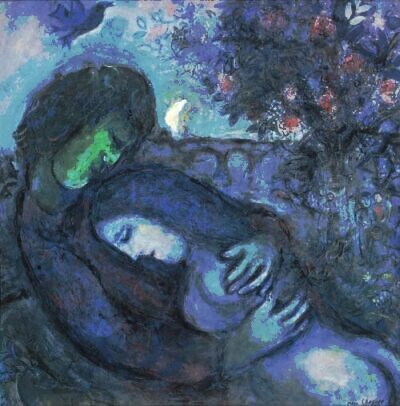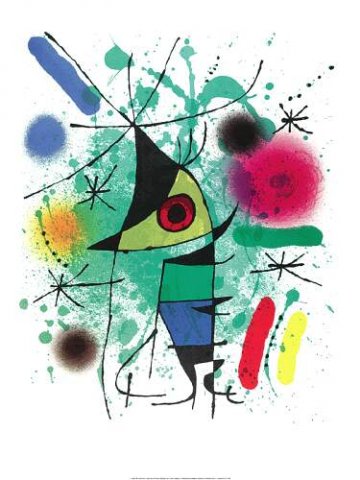Rabbi Kushnerin viisas ja sympaattinen, filosofiaa ja uskontoa käsittelevä kirja. Löysin se omasta kirjahyllystäni ja olen sen lukenut pari kertaa aikaisemminkin. Kaikista lukemistani ns. elämäntapaoppaista tämä poikkeaa edukseen: teos kannustaa lukijaa ajattelemaan itse eikä se rajoitu yhden totuuden julistamiseen.
Kushnerin mielestä ihmiselle on tärkeää kehittää oman persoonansa eheyttä, ”this sense of integrity”. Edellisessä blogissani minäkin pohdin juuri ihmisen integriteetin olemusta. Kushner määritelee sen näin:
”What is a person of integrity like? There is a Yiddish word which is untranslatable but describes him or her perfectly, a mensch. To be a mensch is to be the kind of person God had in mind when he arranged for human beings to evolve, someone who is honest, reliable, wise enough to be no longer naïve but not yet cynical, a person you can trust to give you advice for your benefit rather than his or her own. A mensch acts not out of fear or out of the desire to make a good impression but out of a strong inner conviction of who he or she is and what he or she stands for. A mensch is not a saint or a perfect person but a person from whom all falsehood, all selfishness, all vindictiveness have been burned away so that only a pure self remains. A mensch is whole and is one with his or her God.”
Näinhän meitä suomalaisiakin kehotetaan “olemaan ihmisiksi”.
Varsinaisesti kirjan sanoma kiteytyy hetkessä elämisen ja hetkestä nauttimisen taitoon:
“Go eat your bread in gladness”, (Kushner ei tällä kehota meitä ylensyömiseen missään mielessä, mutta kehottaa iloitsemaan siitä mitä on: pois syyllisyys.)
johdonmukaisuuden merkitykseen:
” In the same way that a half-hour of exercise every day does more to keep us fit than six hours of exertion once a month, a few small experiences of the meaningfulness of life every day will do more for our souls than a single overwhelming religious experience.”
ja ennen kaikkea yhteisyyden kokemukseen:
”.As Buber was stroking the horse’s neck, a strange feeling came over him. He felt that he could not only understand what it felt like to be an eleven-year old boy patting a horse. Because he loved the horse, he could understand what it must have felt like to be a horse being patted by a boy. The joy of that moment, of being able to go beyond the confines of his own soul and know what another soul was experiencing, was so much more satisfying than the sense of power to make someone else to do his will, that years later, Buber founded his entire theology on that feeling.”
Kushnerin eväillä pitäisi selvitä mikä on hyvän elämän salaisuus: sen lisäksi että ihminen saa tyydytystä voidessaan kehittää ja käyttää omia taipumuksiaan ihmisen elämällä pitäisi olla jotain merkitystä myös toisille. Kaikki tämä on tuttua ja itsestään selvää, mutta kaikesta huolimatta Kushnerin kirjan lukemisesta tulee hyvä olo ![]()












Kommentit